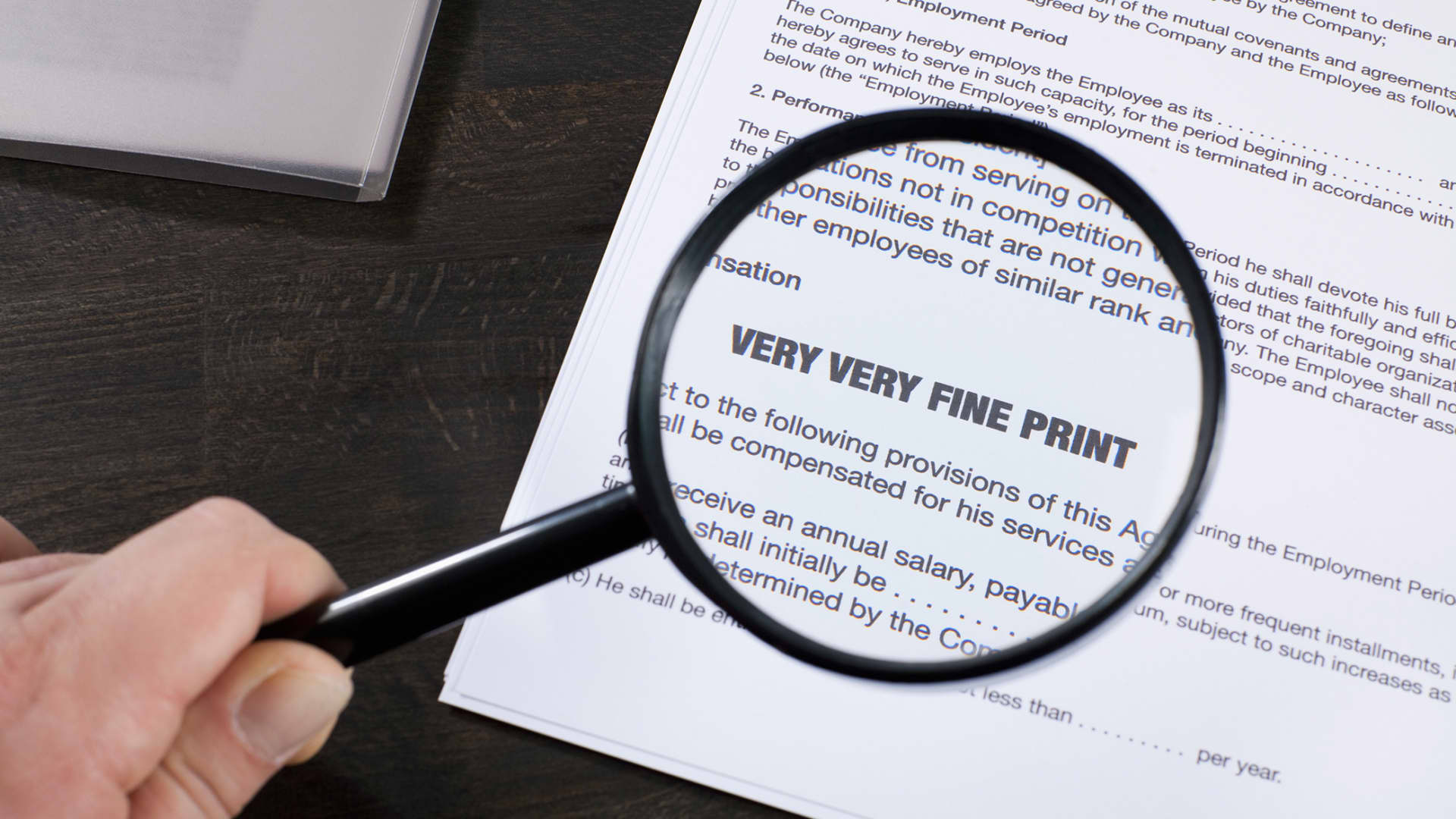
Americans are collectively spending nearly $65 billion on sneaky fees, according to the White House.
“Sometimes they’re called convenience fees. Sometimes they’re called service fees,” Lina Khan, chair of the Federal Trade Commission, told CNBC. “It really seems like companies have become addicted to junk fees.”
Junk fees are making companies billions of dollars richer and the practice spans industries, including banking, telecom, entertainment and hospitality.
“I think part of the reason that a lot of companies are doing this is that investors and shareholders really like it. It’s another way to pull in more revenue without really competing,” Rohit Chopra, director of the Consumer Financial Protection Bureau, told CNBC.
CNBC sorted some of the biggest junk fee offenders into three separate buckets.
Bucket No. 1: Banking fees
This includes overdraft charges, late fees, account maintenance fees or fees to pay a bill, according to the CFPB.
“We estimate that the credit card industry levies about $120 billion in fees and interest each year, and that number might be even going up given the rise in interest rates,” Chopra told CNBC.
The CFPB also estimates that fees worth $23.6 billion were charged by card issuers in 2019, and $14 billion of that total came from late fees alone.
Bucket No. 2: Fun fees
These are the extra costs consumers may encounter when they’re hopefully doing something fun, like buying a concert ticket, booking a flight or reserving a hotel room.
“I stayed at a hotel that I quickly booked. I asked, ‘Are there any extra fees?’ They said no …The hotel then slid the bill under the door to a room on the last night and we were charged a $40 a night amenity fee,” Lauren Wolfe, founder of Kill Resort Fees, told CNBC. “But even crazier, [there was] a $1 mandatory charity donation. I looked up the charity. It’s a charity that goes back to the hotel.”
For example, resort fees may be tacked on for your use of amenities during your stay, even if you’re not using the gym or the pool.
“Junk hotel fees and these ancillary fees are bringing in about $3 billion a year for the hotel industry,” Wolfe told CNBC, citing a Consumer Reports estimate.
Bucket No. 3: Home fees
Buying a house and having a car can result in surprise charges to American households.
This includes closing costs and other fees that arise when buying a home, including fees for document preparation or title insurance.
There are also cable and internet junk fees.
“If you look at the fine print, [it may say] to ‘maintain our high-speed fiber network,'” Jonathan Schwantes, senior policy counsel at Consumers Reports, told CNBC. “[So,] you have to charge me an extra seven bucks for the internet infrastructure fee to maintain your high-speed fiber network? But, what about the $75 I’ve already paid you?”
Watch the video above to learn more about where junk fees hide, how agencies are proposing changes, where policy falls short and whether increased regulatory oversight may be enough to squash junk fees once and for all.
